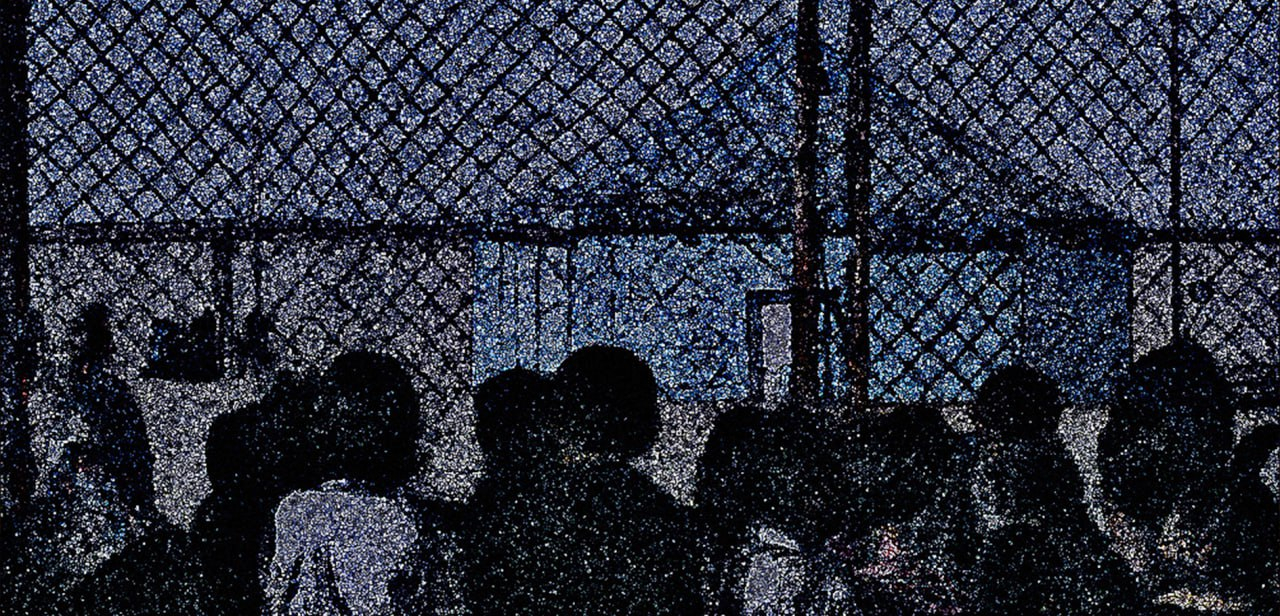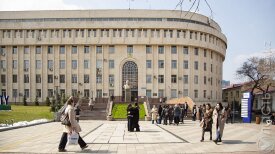A ministerial and cadre reorganization initiated by President Kassym-Jomart Tokayev after his address to the nation on September 1 continued in the following days, with the appointment of Timur Suleimenov to head the Central Bank, Kanat Sharlapayev to head the ministry of industry, Yerzhan Sadenov as the new minister of internal affairs, Yerlan Nysanbayev to the top post at the ministry of ecology, and Svetlana Zhakupova as the new minister of labor, among others.
On September 4, Tokayev appointed Nurzhan Nurzhigitov to head the new ministry of water resources. Nurzhigitov had previously served as governor of the southern Zhambyl region, which had faced severe water shortages this year in connection to a dispute with Kyrgyzstan’s suppliers. Lower supplies of irrigation water caused damages to the harvest in a region highly dependent on agriculture, according to official sources.
Amid the cadre reshuffling, the city of Shymkent, as well as the Aktobe, Zhambyl, and Akmola regions, all changed heads this week. After the appointment of former governor Aidarbek Saparov on September 4 to the post of minister of agriculture, the North Kazakhstan region that he formerly headed is still without a governor.
US senators proposed on September 7 that Kazakhstan, alongside Uzbekistan and Tajikistan, be excluded from the infamous Jackson-Vanik amendment and resume normal trade relations. The amendment, dating back to 1974, targeted countries that did not follow the principles of market economy and denied its citizens the right or opportunity to emigrate. Though it had not affected trade in recent decades, the repeal of the amendment is considered a gesture of diplomatic goodwill. The bill had been introduced in Congress in November last year.
The Majilis, the lower chamber of parliament, approved on September 6 a law poised to streamline control over hydrocarbons crossing the border between Kazakhstan and Uzbekistan. The new law concerns in particular transport via pipeline and comes against the backdrop of newly established gas shipments from Russia to Uzbekistan, which would pass through Kazakhstan’s territory.
The organizers of the Jana Cekara (Kazakh for “New Border”) film festival said on September 5 that they are under pressure from the National Security Committee and that they would not be able to hold the festival in presence. The festival, which aims to cover topics regarding human rights violations in Xinjiang (also known as East Turkestan), was planned for September 8-10 in Almaty.
The Central Elections Committee said on September 6 that it would be ready to hold a referendum on building a nuclear power plant, as instructed by Tokayev in his address to the nation. In June 2022, Kazakhstan held a constitutional referendum which garnered a 60.8% turnout. In their report, observers from the OSCE/ODIHR mission said the referendum lacked political pluralism, inclusiveness, and transparency.
A report by the Central Bank published on September 4 showed that 90% of Kazakhstan’s residents garner a monthly income of under 150,000 tenge ($320). The figure is much smaller than the average wage (365,000 tenge, or $785) and shows a stark inequality among the population. Because of inflationary pressure on prices, the Statistics Committee said the average real income of the population has shrunk in the first quarter of 2023.
The National Security Committee said on September 7 that Yeldos Kospayev and six other members of his alleged organized crime group were delivered from Northern Cyprus to Kazakhstan. Kospayev is suspected of being involved in corporate raids and is said to be a close associate of Bolat Nazarbayev, the brother of former President Nursultan Nazarbayev.
A court in Turkestan, a city in the south of the country, on September 7 sentenced a man to life in prison for the murder of a minor. Life sentences are rare in Kazakhstan, but since amendments to the Criminal Code were introduced in December 2019, the sentences for murdering minors have become tougher.
On September 5, Antonio Tajani, Italy’s minister of foreign affairs, visited Astana, where he met with Mukhtar Tleuberdi, head of Kazakhstan’s MFA, and prime minister Alikhan Smailov. Italy is the top trade partner for Kazakhstan’s exports. In 2022, trade turnover between the two countries increased 55% to a total of $15 billion.
Поддержите журналистику, которой доверяют.








